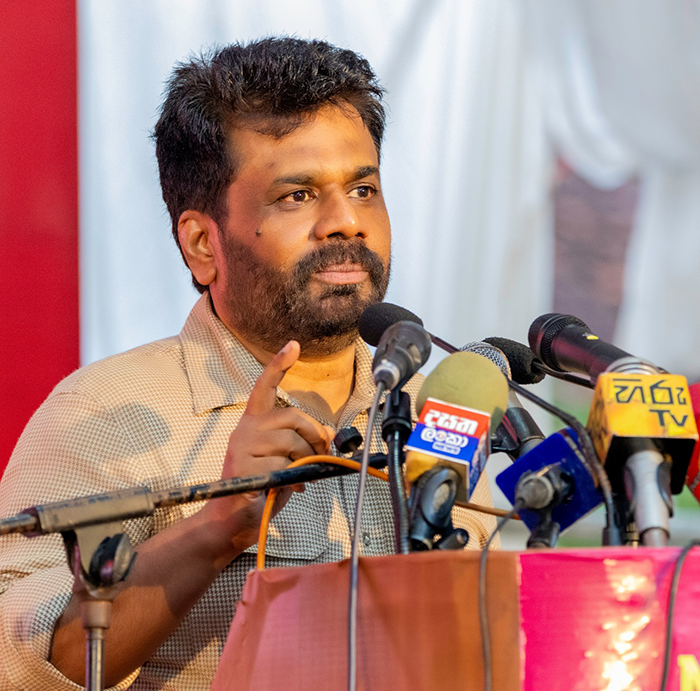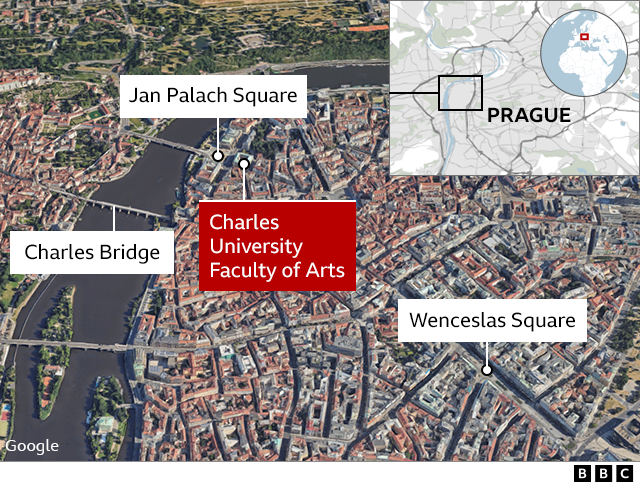By Uditha Devapriya

Ever since he was small, Uthpala Wijesuriya had been interested in subjects that others did not care for. While most of his friends focused on conventional fields, he preferred subjects like history, politics, art and culture, archaeology, and anthropology. His mind was constantly probing, and he was always looking for people to engage with. Yet while he had friends who shared these interests, not many wanted to engage with them. That did not discourage him, however; it only pushed him to keep exploring.
Uthpala was born in 2003 in Mataluvava, a village located in Polpithigama in the Kurunegala district. He hailed from a rural middle-class family. His father was a Public Health Inspector, and his mother a nurse. While his father had attended Maliyadeva Collge Boys’ School, he obtained his primary education at Polpithigama National School.
In 2013 Uthpala sat for the Grade 5 Scholarship Exam. He scored 190 out of 200 marks. This was a high result, and it enabled him to obtain entry into a leading school. When cutoff marks were released a few months later, his family was informed that he would be able to attend Royal College. The new term would begin in January the following year.
In January 2014, he was boarded at the Royal College Hostel. The Royal College Hostel had its origins in a boarding establishment formed in 1868. Back then it had housed the sons of planters and Ratemahattayas,etc. After independence it turned into a residence for some of the brightest students from outside Colombo. Initially Uthpala found it difficult to adapt to this environment. Sheltered until then in a more secure and close-knit environment, he was now living in a world bigger than any he could ever dream of.
Daunted at first, he soon saw this challenge for what it was: an opportunity to discover himself. He soon identified his passions and found ways of nurturing them. At school and outside, he involved himself in a number of activities. In his first year, for instance, he won the Grade 6 English Language Prize, obtained a Distinction Pass for a Music Examination conducted by Bhatkhande University, and completed a Computer Foundation Course. He also won class prizes and commendable term reports, back-to-back.
The school and the Hostel slowly turned into an outlet for his talents. In 2014 he was part of the singing crew of a musical event called Susara. Two years later he emerged as Runners-Up in the Junior Division of the Colombo Zonal Interschool Orchestra Competition. The same year he was selected to sing at SAGA, the premier musical event at Royal.
These dovetailed with other co-curricular activities, including the General Knowledge Club, Buddhist Brotherhood, and Sinhala Language and Literary Unit. While taking part in them, he also discovered a love for sport. In 2014 he played basketball and football. Later he took part in scouting and in 2016 he entered the Boxing Pool of the L. V. Jayaweera Tournament. He slowly began to develop a passion for boxing: in 2017, he took part in the L. V. Jayaweera Tournament, and entered the Pool of the T. B. Jayah Tournament.

2017, however, was a turning point for Uthpala. The previous year he had joined the Cadet Band. Founded in 1979, the Royal College Cadet Band was regarded as an elite enclave at school. Joining it meant devoting much energy and dedication around the clock. Uthpala was willing to commit both. That, however, meant letting go of boxing.
In 2017 he took part in his first camp. From march past items, general assemblies, and match opening ceremonies, he graduated to more important events. These included stage shows, interschool competitions, training camps, Independence Day parades. He performed well in them all and received awards at his school’s Colours Night.
In 2020 Uthpala sat the O Level examamination and passed them well. This proved to be another turning point. Until now he had focused on sports. Yet it was an unspoken rule at Royal that students should engage with clubs after O Levels. Always eager to try something new, he did not want to be seen as an exception to this.
Immediately after returning to school, Uthpala thus joined not one but three clubs: the History Club, Political Science Society, and Agriculture Society. In 2021, he was appointed to the Top Boards of all three, winding up as Chairman of the History Club.
The latter position encouraged him to put his organisational skills to good use. By now the country had entered the second wave of Covid-19. Schools were sporadically shutting down and reopening, and club work had become limited to Zoom. When he started the club year, as he himself put it, “I had no clear idea how to organise it.”
Yet despite these challenges, he came up with several projects. Many of them revived projects that had been discontinued for years, such as the Professor Senarath Paranavithana Memorial Shield. Many others were new, such as “Memoirs of Serendib ‘21”, Sri Lanka’s first virtual field trip into an archaeological museum.
These projects received much acclaim. In December 2021 they scooped up awards at the College Clubs and Societies Felicitation Ceremony. Two clubs, History and Agriculture, won A grades, while the Political Science Society secured a B.
By this point another responsibility had come down on Uthpala. At the end of 2020 five new students had been appointed as Hostel Prefects. One of them was him.
While basking in his club victories, Uthpala was informed by the outgoing Senior Hostel Prefect batch that he would be appointed as the Head Prefect of the Hostel in 2022. The news came as a shock; he was not sure whether he could balance the post with his other commitments, including his studies. Complicating matters further, while the country was recovering from the pandemic, it was now on the verge an economic collapse.
He soon decided that the best way to face his doubts was to face up to them. Thus he took on the Head Prefectship of the Hostel. With a difficult club year behind him, he and his team of Prefects accepted the challenge of a difficult new year.
As predicted, the country plunged into a seemingly irrevocable economic and political crisis in 2022. Yet Uthpala and his colleagues organised a number of events. The biggest of these was the Hostel Day. Held after seven years, the Hostel Day faced its share of obstacles, to do with sponsorships and budgets, not to mention internal politics. Regardless of these issues, however, the event unfolded in August to much acclaim.

Once the Day was over, Uthpala shifted his focus to his A Levels. At this point he had to balance three responsibilities: as Hostel Head Prefect, a senior official in the Cadet Band, and, from June onwards, a Steward. Yet as he never failed to acknowledge, academics was the reason he had got into Royal. Come what may, he would not neglect them.
After months of ceaseless studying, Uthpala sat for his A Levels in January 2023. He had offered History, Political Science, and Logic. In September he received his results. He had got three As. This was enough to secure a placement at a top national university.
By now he had been appointed as a Senior Prefect. This was and is the highest honour a student can receive at Royal College. He was also appointed as the Head of the Student Archives Committee. That gave him space to combine his organisational skills with his passion for history. Soon he was organising and spearheading projects involving institutions such as the National Archives and the J. R. Jayewardene Centre. In all these initiatives, he displayed not a blind, unconditional love for his school, but a genuine interest in its history and the social and political context underlying its evolution.
While engaging in these duties, he pursued his other interests, including historical research. After leaving school he was pulled into multiple projects. He immersed himself in them, reading, writing, travelling, conducting interviews, and expanding his knowledge. In his own words, “I wanted to pick up everything and anything.”
As usual, he proved capable of balancing these activities. They got him interested in other subjects. These included anthropology and international relations. His interest in the latter eventually encouraged him to enrol for the Diploma Programme at the BCIS. Today, with his prefectship officially over, he is busy pursuing these subjects.
From his upbringing in Kurunegala to his present life in Colombo, Uthpala has lived through some interesting years. When I first met him in 2020, I found myself moved by and drawn to his passion for history. It was almost infectious; you could not fail to notice it or share it. Yet he did not just want to engage with or read up on these subjects; he wanted to engage with others who were engaged in them as well.
For the most, Uthpala has been able to realise these hopes. His work has enabled him to meet people, establish contacts, and forge new pathways. He has been fortunate. Few people deserve these opportunities. Fewer can make use of them. Despite not having even a first qualification or degree, he has done exactly that.
Uthpala is a dreamer. His mind throbbing with ideas, he is now dreaming of and planning for his future. Awaiting the commencement of university, he hopes to pursue not just law, but also sociology and anthropology. These are not popular subjects in Sri Lanka; they are not what most of his peers opt for. Yet his interest in them should not come as a surprise. People like him are rare. Ultimately, they are what this country needs.
The writer is an international relations analyst, researcher, and columnist who can be reached at udakdev1@gmail.com.
from The Island https://ift.tt/0Dn63fQ









